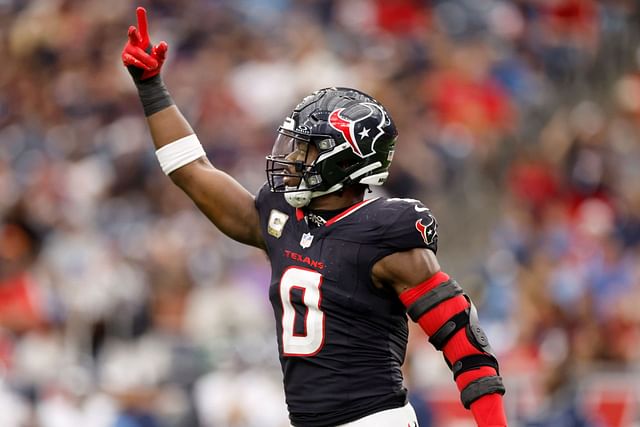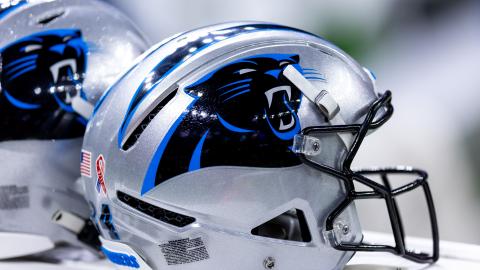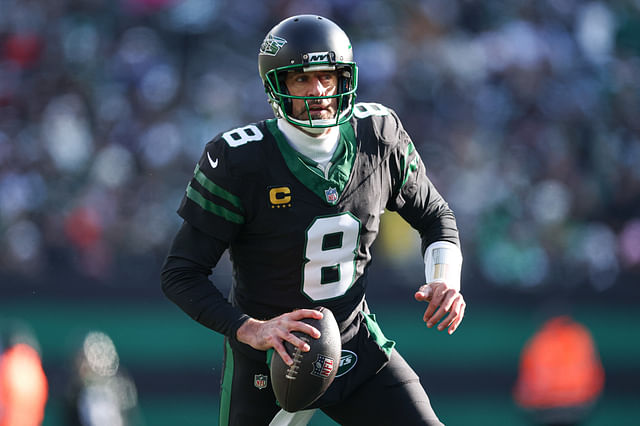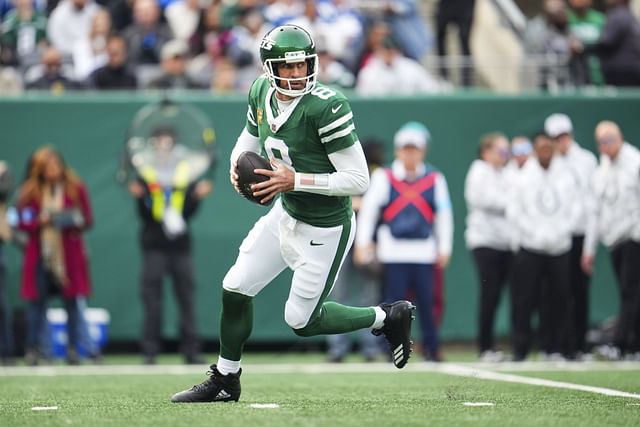Houston Texans linebacker Azeez Al-Shaair has become a lightning rod for controversy after his illegal hit on Jacksonville Jaguars quarterback Trevor Lawrence in Week 13. The incident, which left Lawrence concussed and ended his season, triggered widespread outrage among NFL fans. Although Al-Shaair publicly apologized, his subsequent actions have only fueled the fire.
Following the NFL’s decision to uphold his three-game suspension, Al-Shaair took to Instagram to post an image of the Joker, captioning it: “If you want me to be your villain, I’ll be your villain. See you soon.” This defiant move, seen by many as antagonistic, drew sharp criticism from fans who questioned the sincerity of his earlier apology.
Fans were quick to express their anger online. One fan sarcastically remarked, “Nothing says ‘I shouldn’t have been suspended’ like posting the Joker.” Another pointed out the severity of the hit, stating, “Why does he act like it wasn’t the worst hit in the past 10 years?” Others accused him of victimizing himself despite being responsible for a dangerous play.
The backlash stems from the violent nature of the hit during the game. Lawrence, while sliding to signal the end of a broken play, was blindsided by Al-Shaair’s high-speed collision. The impact not only left Lawrence concussed but also sparked a heated brawl between the teams. The Jaguars quarterback hit his head hard on the turf and was subsequently placed on injured reserve, effectively ending his season.
Despite Al-Shaair’s apology, where he stated he never intended to harm anyone, the social media post undermined his words. Fans are now questioning his professionalism and sportsmanship, particularly as the Joker imagery symbolizes chaos and defiance.
Al-Shaair’s suspension ensures he will miss the next three games but could return in Week 17 when the Texans face the Baltimore Ravens. Whether he continues to embrace his “villain” persona or seeks to rebuild his reputation remains to be seen. However, the incident has left a lasting impact on his career, further amplifying the already intense scrutiny surrounding NFL player conduct.
This saga has not only reignited debates about player safety and accountability but also showcased the power of public perception in shaping an athlete’s legacy.
‘Ban Him from the League!’ – NFL Fans React as Texans’ Azeez Al-Shaair Embraces ‘Villain’ Persona on Instagram.




